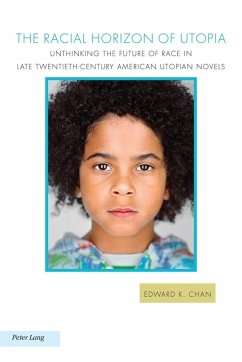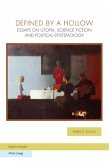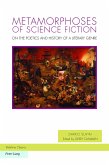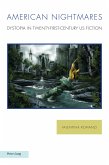Race and utopia have been fundamental features of US American culture since the origins of the country. However, racial ideology has often contradicted the ideals of social and political equality in the United States. This book surveys reimaginings of race in major late twentieth-century US American utopian novels from the 1970s to the 1990s. Dorothy Bryant, Marge Piercy, Samuel Delany, Octavia Butler and Kim Stanley Robinson all present radical new configurations of race in a more ideal society, yet continually encounter an ideological blockage as the horizon beyond which we cannot rethink race. Nevertheless, these novels create productive strains of thinking to grapple with the question of race in US American culture. Drawing on feminist theory and critiques of democracy, the author argues that our utopian dreams cannot be furthered unless we come to terms with the phenomenology of race and the impasse of the individual in liberal humanist democracy.
Bitte wählen Sie Ihr Anliegen aus.
Rechnungen
Retourenschein anfordern
Bestellstatus
Storno








